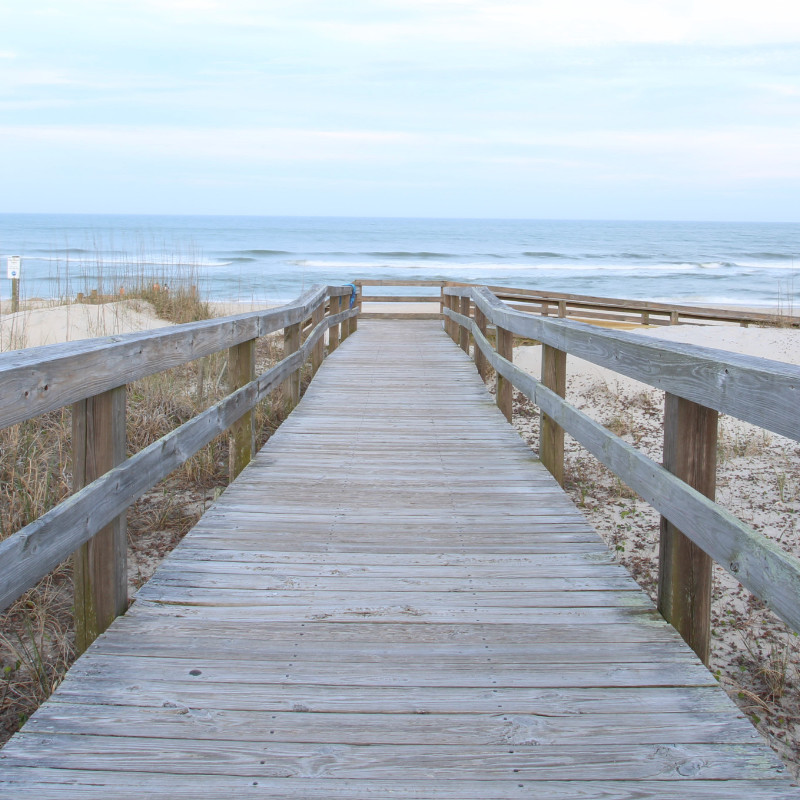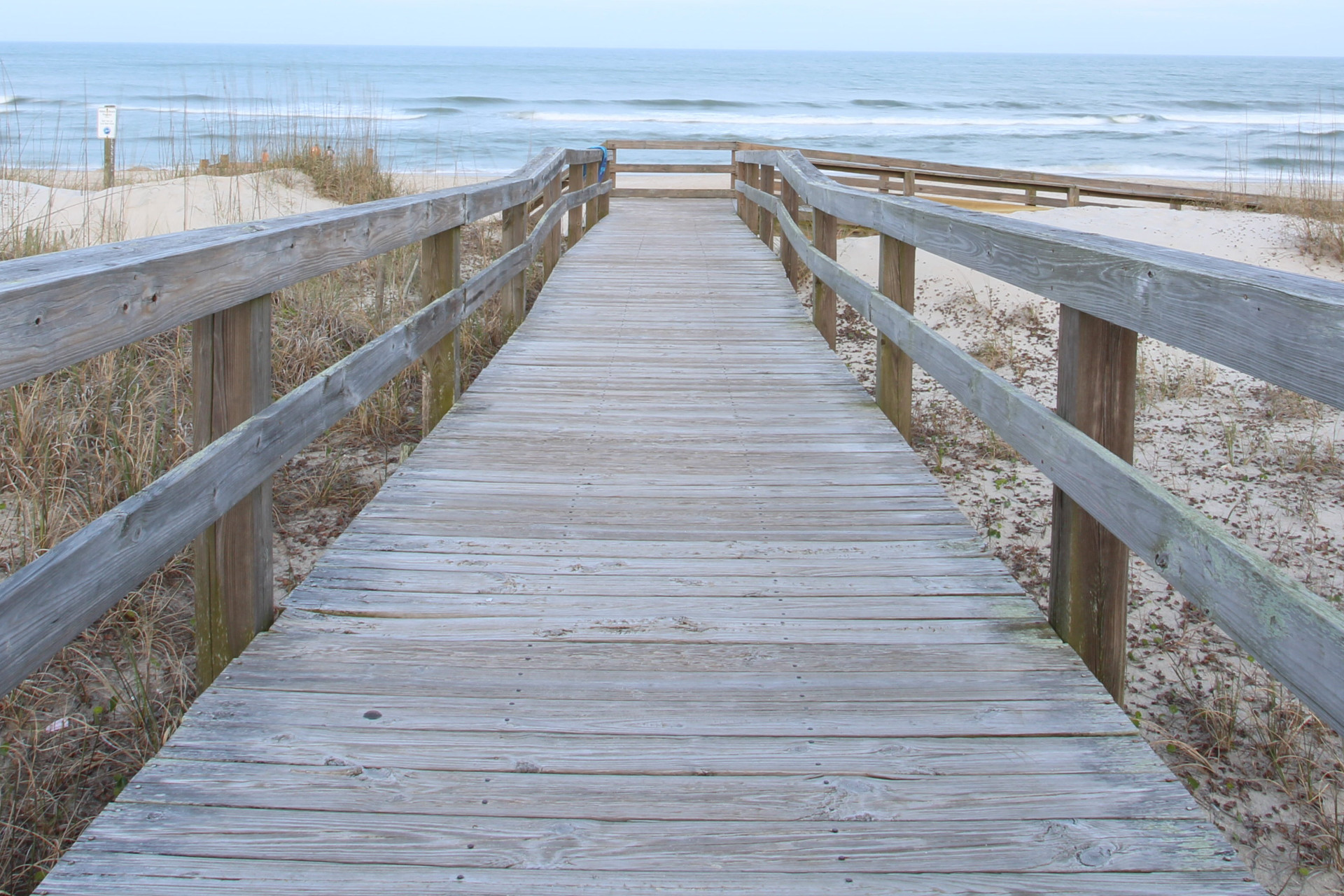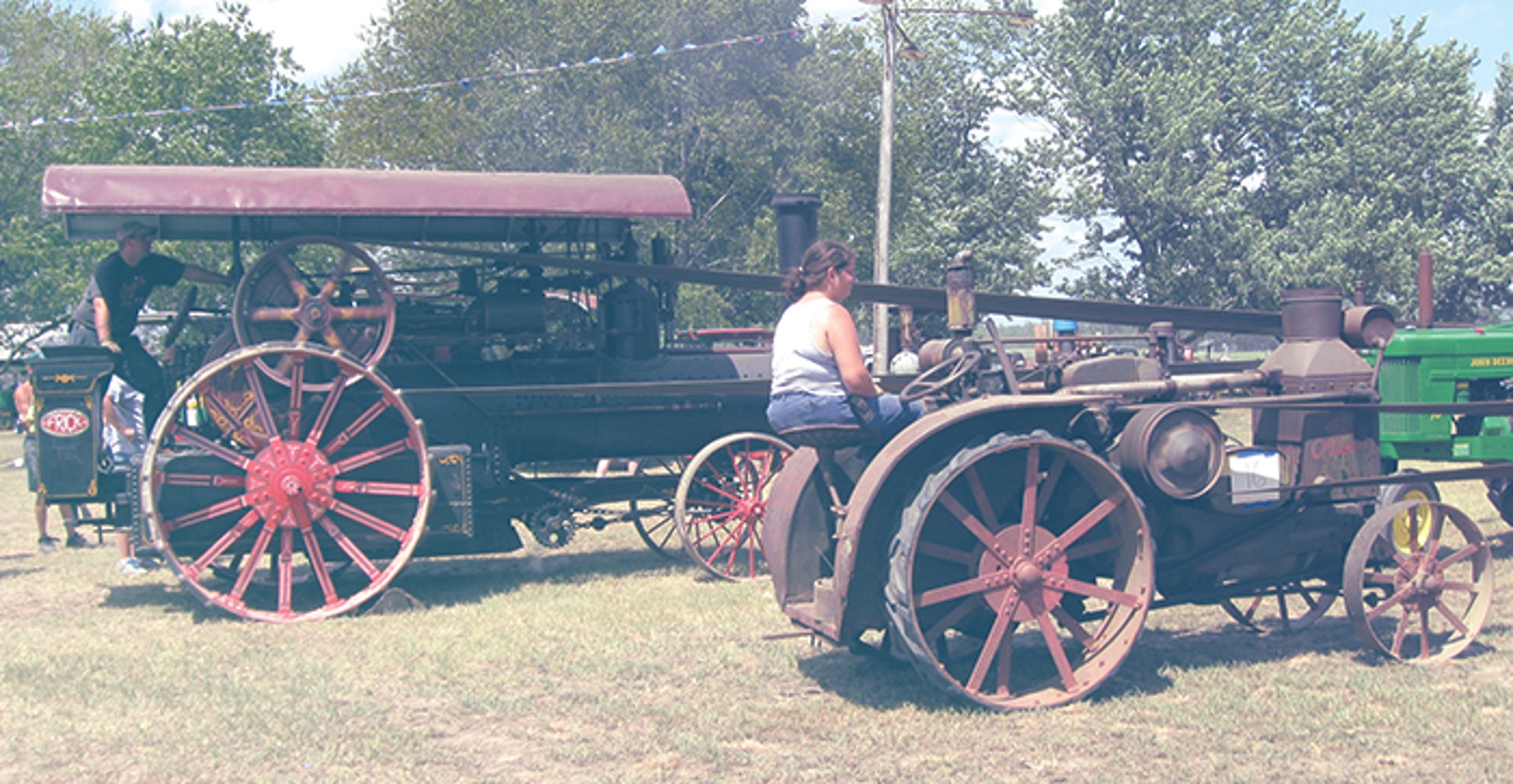20
Jul 2021
Farmers worked the land with horses and manual labor. Wheat or oats were hand-threshed with a flail; farmers walked behind implements hitched up to horses; corn was cut by hand with large knives; logs were hewn with broad axes, all of which was hard and laborious work.
The late 1800s brought the transition from horse-drawn implements to a new innovation of the fast growing industrial age - the steam traction engine. These new fangled, large contraptions built of iron, were powered by the simple process of boiling water. The fire was built with coal or wood. Water in the boiler, when heated, produced steam that ran to an engine that was mounted on top of the boiler. In turn, the engine had a large flywheel that could be belted up to labor saving equipment. Steam improved the efficiency of most farm chores, including plowing, planting, and harvesting. The steam engines were also used as the power source for rock crushing and sawing logs into lumber. While the larger engines were used in the western U.S. to break the prairie sod, in our part of the country, they were used mainly for powering threshers and sawmills. Belt driven stationary steam engines ran factories, including the large number of canneries here on Delmarva. Engineers formed threshing rings that went from farm to farm harvesting each farmer’s crops. The community came together and worked at one another’s farms, finishing up one and moving on to the next. Ladies tried to outdo each other with large threshing dinners for the working crews.
Technology was changing quickly in the early 1900s, and more modern kerosene and gasoline tractors were marketed to operate machinery without the work of stoking a fire. A gasoline tractor could easily be shut off and restarted the next morning. By the 1930s, gas tractors had improved enough that most steam traction engines were no longer in use. Many sat in old sawmills or back behind barns as the heydey of steam was coming to an end.
Many of these behemoth steam traction engines, some exceeding 5 tons in weight, were scrapped during World War II for the war effort. Thankfully, not all went to the junk heap. Many have survived and have been restored back into operating condition.
Several surviving steam traction engines, some over 100 years old, will be in operation at the Eastern Shore Threshermen and Collectors Assoc. Inc. 61st annual Wheat Threshing, Steam and Gas Engine Show held August 6, 7, 8, 2021. There will also be antique tractors, gas engines, antique cars, wheat threshing, rock crushing, shingle sawing, sawmill, broommaking, basketmaking, blacksmith shop, flea markets, lawn and garden tractors. Each afternoon, antique steam and gasoline powered tractors will parade through the grounds at 5 pm (Sunday at 4 pm). This year we have an expanded stationary steam engine exhibit. Most of the engines were used in local factories including (new this year) two from Buddy Wright’s tomato cannery near Federalsburg.
This year celebrates the 60th birthday of Smokey Joe Railroad and its 50th show! Smokey Joe is a miniature steam train and was built in 1961 by Crown Metal Products Co. of Pennsylvania. Everyone enjoys a ride on Smokey Joe and the toot of the whistle. It has been delighting children of all ages at the show since 1972.
This event began in 1961 when a group of friends, led by Jim Layton of Federalsburg, decided to fire up his restored 1921 Frick steam traction engine and use it to thresh — harvest — some wheat. A few neighbors and acquaintances stopped by the farm to see the old equipment in operation. Layton and friends decided to bring out the old steam traction engine and thresher again in August of 1962 and the event grew from there. The club was founded in 1966. From modest beginnings, it has grown into a three day event that is run 100% by volunteers. And volunteers are always needed, please contact us if you can help. It’s always a fun time that helps preserve, demonstrate and to educate spectators about our local agricultural heritage.
Come out August 6, 7, 8, 2021 for some wholesome family fun. It is located at 5806 Federalsburg Hwy., Federalsburg, MD 21632 (Rt. 313 between Federalsburg and Denton, MD.). For more information call 410-673-2414 or 443-786-8032. No admission charge, volunteers (we count as community service hours) and donations appreciated. Check out our Facebook page.






